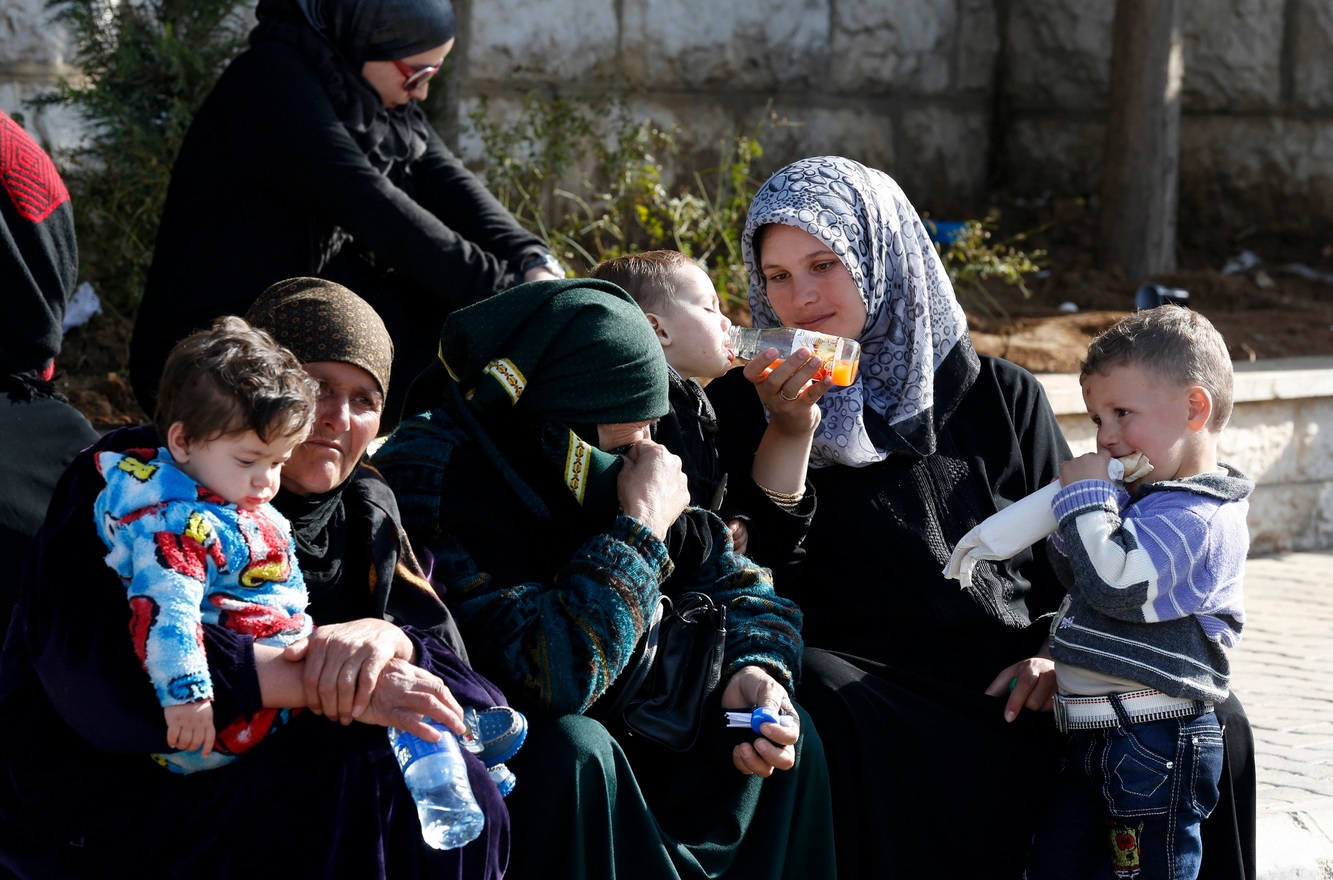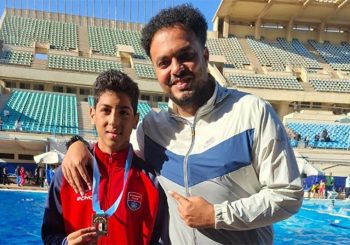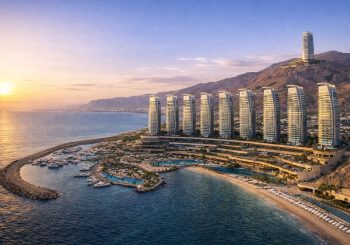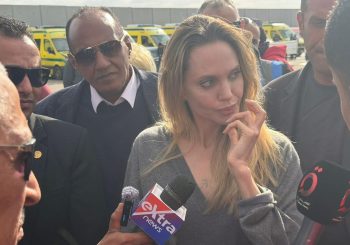Egypt is today home to 262,333 residents who are divided between 237,117 refugees, and 25,194 asylum seekers, according to the UNHCR latest statistics.
Given the grave crises which force refugees out of their homes, one would assume security rests on top of the living conditions they seek. Instead, sexual violence is one of many ways refugees have been greeted in Egypt, filling them up with shame, fear and loss to say the least.
It comes to no surprise that cases of sexual violence, which constitute a large portion of problems faced by refugees in Egypt, are largely unknown to Egyptians. Rape, sexual assault, domestic violence, sexual exploitation, FGM (Female Genital Mutilation) and early enforced marriage are mere examples of the horrors refugees suffer.
Asmaa*, a sexual and gender based violence (SGBV) case officer in a Downtown-based NGO, stipulates that sexual violence against refugees amounts to 70 percent of the troubles refugees encounter. She adds that refugees are more prone to sexual and gender-based violence than Egyptians because, being refugees, they are often seen as an easy prey.
“The Egyptian society is what it is; phallocentric. But it is much harder for refugees, who are viewed as being more vulnerable.Nobody really cares what happens to them,” states Asmaa.
In her work, Asmaa does come cross cases where the incident of sexual violence has already happened in a refugee’s country of origin. Sexual violence in this case, she maintains, is used as a war weapon against women of enemy factions. When the victims come to Egypt as refugees, Asmaa’s NGO, amongst many others, offers them the assistance needed to recover.
Another example she provided is with Syrian refugees amongst whom gender-based violence is prevalent. The country’s laws, in addition to culture, permit early enforced marriage. This is brought with them, as refugees, to Egypt.
Most cases she deals with, however, originate in Egypt. She goes on to explain that, in many circumstances, the culprit is an Egyptian. This can be seen in the case of a Sudanese woman who was raped by an Egyptian conscript and an officer, both of whom were later thrown in jail for the offence.
In other scenarios, the violation can be committed by a fellow refugee. In this vein, Asmaa cites a few cases of sexual violence pertaining to African refugees who are often targeted in Egypt by other fellow African refugees due to inter-tribal conflicts back home.
In dealing with sexual violence towards refugees, Asmaa’s NGO employs a three-thronged approach. The first of which is ‘prevention’, which comprises 10 percent of the work, and is aimed at raising the refugees’ awareness about sexual violence and the importance of swift reporting of violations (within no less than three days of occurrence). This is followed by ‘response’, which is the handling of already-established cases of sexual violence, offering the victim psychological support and reassurance, any required healthcare and assistance with legal aspects of reporting the offence.
Finally is ‘protection’ of the victim from further attacks or attempts at retaliation by the offender. This usually involves relocating the victim from their current unsafe neighbourhood, workplace or relocating the victim to another country entirely in severe cases with the aid of UNHCR.
It doesn’t make Asmaa’s job any easier that most refugees who have been subjected to attacks of this type are very hesitant to admit, report the incident or even seek help.
She blames this on the Egyptian society’s lenient stance towards sexual and gender-based violence. Domestic sexual violence, the second most common amongst refugee communities after rape, is an example. Domestic violence in Egypt is oftentimes ignored, condoned or even advocated for.
“Egyptian women victimised by sexual violence are afforded very little understanding and compassion and are socially shamed instead. This is worse in the case of refugees, who are seen as troublemakers by the Egyptian society,” proclaims Asmaa.
While the laws protecting refugees in Egypt in this regard are the same ones applied to Egyptians, Asmaa is of the opinion that Egyptian law is largely inadequate when it comes to sexual violence cases.
Among many vague legal classifications is that of rape, which can only be established under Egyptian law if actual penetration can be evidenced.
Due to Asmaa’s NGO adhering to international agreed-upon classifications of what constitutes sexual and gender-based violence, the legal condition in Egypt only makes her job harder to see through.
The refugee community in Egypt is different from those in neighbouring countries. Egypt does not have refugee camps which affords refugees the chance to live and work similarly to Egyptians. However, refugees are not given work permits by the government to work in legal vocations, therefore, they are often reduced to working domestic work rather anything official.
Moreover, while this can offer a positive sense of refugees blending into Egyptian society it can also be problematic, considering that many of these refugees have no recognised passports or any identification save for that issued by the UNHCR giving them refugee status.
“They lose everything, including their identity,” exclaims Asmaa.
Asmaa also cites bad coordination between UNHCR and the Egyptian government as another factor which complicates things for refugees. She mentions that many police stations do not acknowledge UNHCR identification and require national IDs/passports, making it difficult to report cases with the Egyptian authorities.
Asmaa, however, does not overlook mentioning a few positive incidents when it comes to government action towards refugee victims of sexual violence. Prime to the aforementioned is the valuable assistance offered by the NCCM (National Council for Childhood and Motherhood) in the case of a refugee who became pregnant as a result of rape.
“They see the most evil side of humans. They lose everything; their homes, any sense of a future, adding to that a sexual attack and the stigma that comes with that,” Asmaa says grievously.
“They pretty much lose everything that they are.”
Edited by Enas El Masry
*Upon request, Asmaa is an alias.







Comments (9)
Send them home if they don’t like it in Egypt.
They dont like it because they are getting raped and you say just send them home if they dont like getting raped. Wow it must be people like you attacking them.
Do refugees in Egypt receive government assistance with housing and/or health?
Some do, but most don’t declare themselves as refugees for fear of getting deported.
When declared a refugee, they receive a special ID card which allows them to send kids to school, get access to free health care, work (or start a business) and receive food subsidies (similar to food stamps in the US).
That is good assistance. In Australia where i live, the government locks up many refugees in immigration detention centres. The journalist on screen in the video sounds Australian.